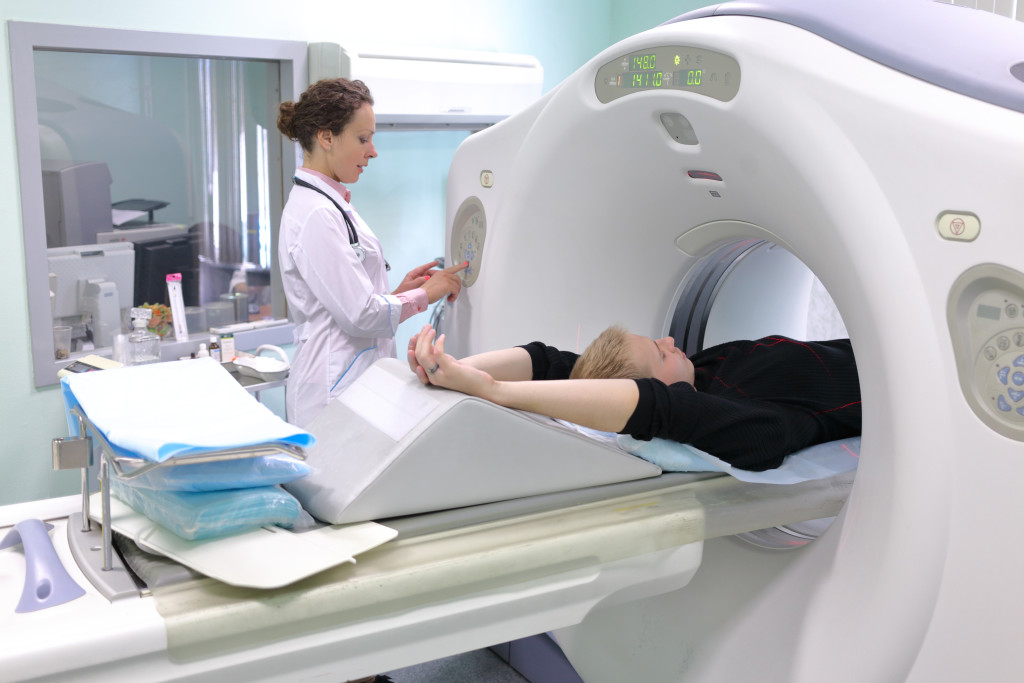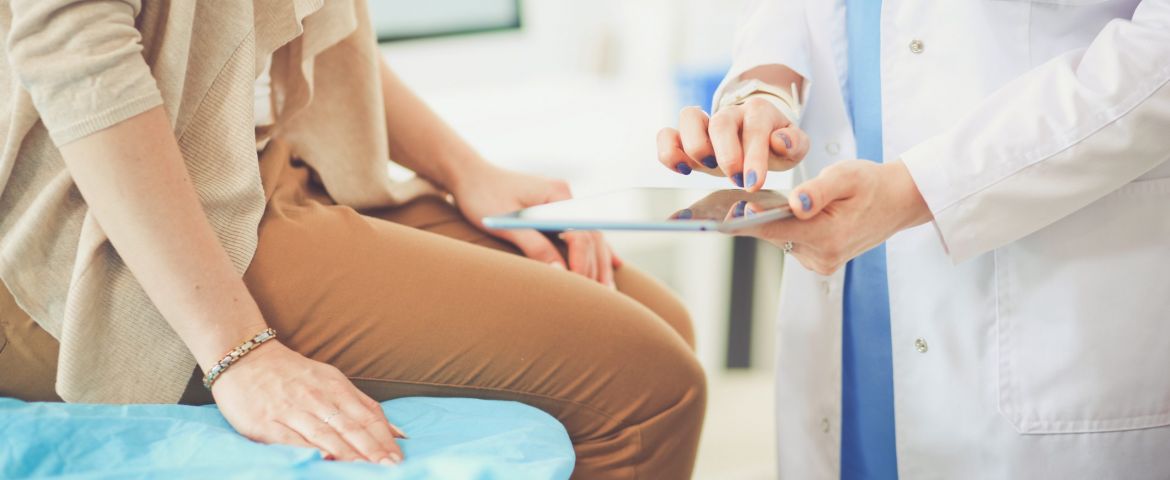Most people know someone who has been affected by cancer, whether through a personal experience or the suffering of a loved one. According to the American Cancer Society, there will be an estimated 1.9 million new cancer cases diagnosed in 2021.
While that statistic may seem alarming, there are proven steps that you can take to improve your lifestyle and reduce your risk of being diagnosed with certain types of the disease.
1. Stay active and fit.
Maintaining a healthy weight is key to lowering the risk of developing cancer. When you are regularly active, your body is more easily able to maintain its hormone levels. When you have high levels of certain hormones, your cancer risk increases. Aim for 30 minutes of activity daily to get your heart pumping and increase caloric burn.
2. Stick to healthy, plant-based foods.
Having a diet that is full of fruits and vegetables helps lower the risk of cancer. There has been research that shows plant-based foods can help to protect you from a range of cancers, including mouth, pharynx, larynx, esophagus and lung. Fruits and veggies are packed with vitamins and minerals, which strengthens your immune system and overall health.

The consumption of fiber rich foods is also associated with a reduced risk of cancer. This includes whole-grain bread and pasta, oats, as well as green leafy vegetables and raspberries, apples, strawberries, bananas and oranges. And, it would be worthwhile to limit your consumption of red and processed meats as they have often been linked to increased risk.
3. Don’t use tobacco.
Smoking and chewing tobacco greatly increases your chances of developing lung cancer. Tobacco is full of chemicals that are harmful to your body. Even second hand smoke increases your risk for developing cancer. If you are a current tobacco user, the sooner you quit the better. If you need help quitting, contact your doctor who can provide resources to make quitting easier.
4. Make use of sunscreen.
Skin cancer is the most common of all cancers and also one of the easiest to prevent if you take the proper precautions. You should wear sunscreen even if you are only spending a short period of time outside. If you’re going to be spending a prolonged amount of time in the sun, make sure you use a high SPF and regularly reapply. Also, it’s important to avoid going in tanning beds as the condensed exposure to UV rays has proven to increase risk of skin cancer.
5. See your doctor regularly.
It is important to make sure you don’t skip doctor recommended screenings. These are often paid for by insurance as a preventative measure so it will cost you little or nothing to do so. As always, if something doesn’t feel right, make sure you have it checked out. Regular screenings will help to detect cancerous cells sooner, which may lead to a more effective treatment. Here are some screenings to be aware of:

- Mammograms – This is the best way to test for breast cancer early, and the earlier you find it, the easier it is to treat.
- Pap test – Pap tests will uncover abnormal cells in the cervix and uncover cervical cancer early.
- Colorectal (colon) cancer screening – Regular colon screenings should begin at age 50.
- Low-dose computed tomography (low-dose CT scan) – This test is used to uncover lung cancer and is only recommended for people who are considered to have a high risk of developing lung cancer.
- Skin exam – If you notice a suspicious mole or spot, it is important to let your doctor know. A biopsy can then be taken by your doctor to test for skin cancer.
- Immunizations can also help lower your chances of developing cancers such as HPV or a viral infection such as Hepatitis B, which has been linked to liver cancer.
If you’re a cancer survivor, these cancer prevention tips are still relevant and important changes to incorporate into your lifestyle. Maintaining a healthy diet and doing daily exercise, avoiding tobacco, and seeing your doctor regularly can prevent cancer recurrence.
Let’s face it; cancer is scary. But by taking control of your health and behaviors, you are able to decrease your risk of developing cancer, and live a full and healthy life.


